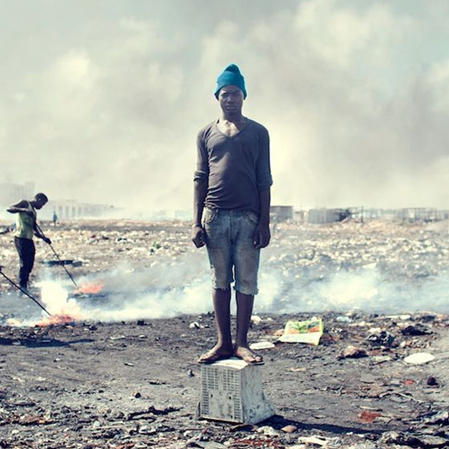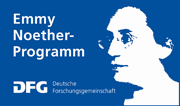About Hazardous Travels
We are a team of four researchers and one research assistant investigating the structures and dynamics of international hazardous waste trade since the 1970s. "Hazardous Travels. Ghost Acres and the Global Waste Economy" works with an asymmetrical comparison of "ghost acres" case studies from North America, Germany, Ecuador, and India. We seek to understand how the system of the global waste economy simultaneously relied on structures of "voluntary exchange" of toxic materiality as well as "garbage imperialism" and environmental racism.

The project works with two concepts identified as fundamental to the functioning of the global waste economy post-1970s: (1) hazardous waste mobility and (2) emergence of “ghost acres” in the aftermath of the environmental turn. Moreover, the project postulates that after industrial countries’ 1970s environmental turn, nationally and regionally distinct waste regimes emerged and facilitated the exchange of toxic materiality within the global waste economy in the first place. One country's toxic waste become another country's recycling or secondary material. Western and non-Western ideologies of nature informed moreover, diverging practices of the use of nature in waste disposal schemes.
Research Projects
- Hazardous Travels. A Ship's Tale of U.S. Ghost Acres and the Global Waste Economy
- Hazards in the Amazon: an Environmental History of Oil Production in Ecuador
- Toxic Divide? The Hazardous Waste Trade between the Two Germanys
- India's Shipbreaking Business, Emerging Economies, and the "Right to Pollute"
The global waste economy has many faces ranging from the "donation" of banned pesticides and non-marketable consumer products, to the trade with municipal and industrial waste, to toxic ships' recycling, or the relocation of dirty industries. Each project of Hazardous Travels investigates one of these faces in depth, while together we draw a more comprehensive picture of the systemic and dynamic dimensions of the global waste economy since the 1970s.
As there is no "ultimate" sink for hazardous waste, we believe that understanding the dynamics of the global waste economy might help find a solution for, instead of a continuous relocation of, the problem. Lessons learned from this history could influence tomorrow’s policies by providing the basis for models of best practice.
Contact: simone.mueller@rcc.lmu.de








